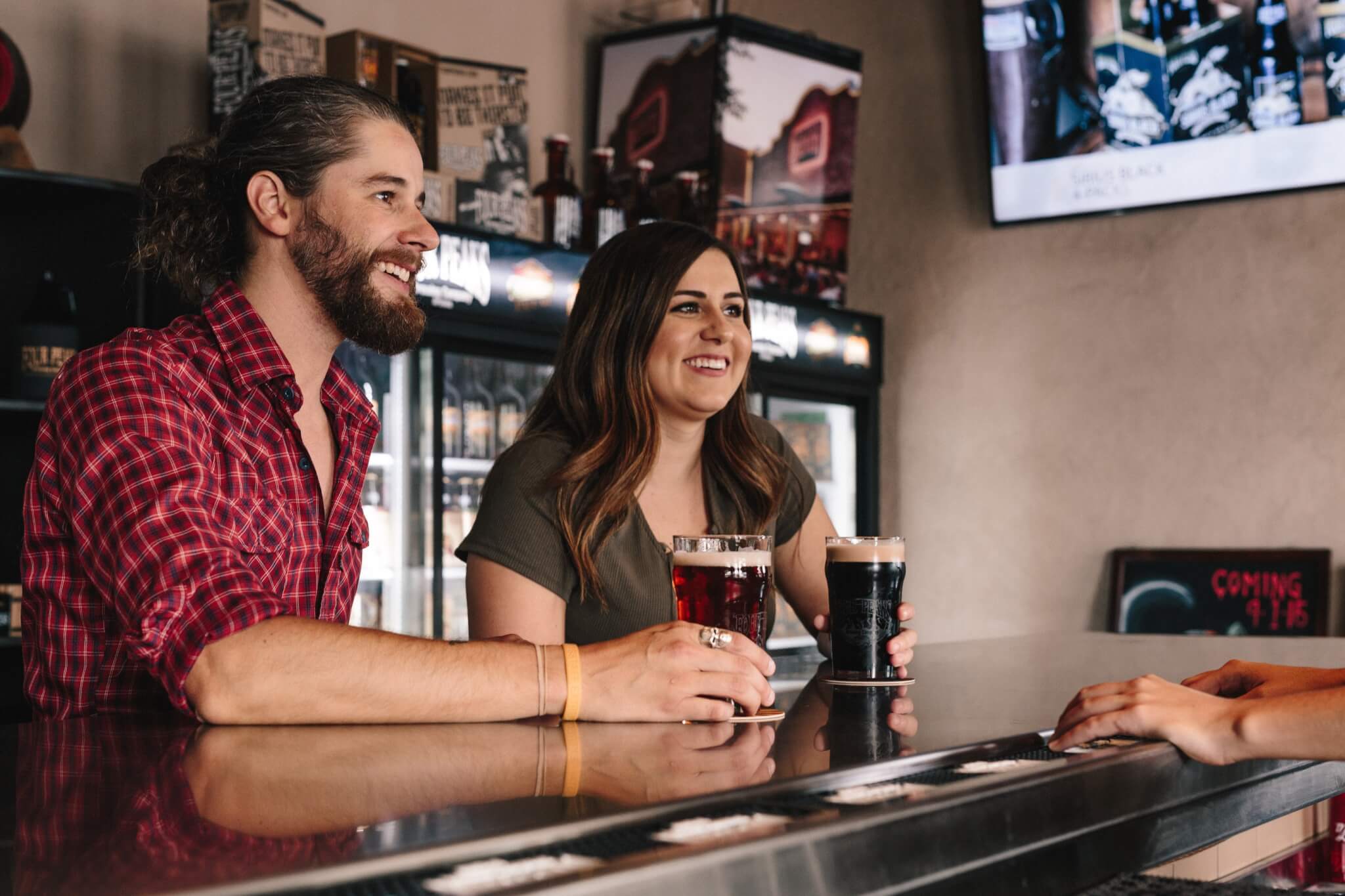I have a friend who runs meditation classes and interestingly, he pointed out one human behaviour that gets in the way of mindfulness…
…is our ability to observe what is actually happening rather than judging what we think may or may not happen.
He used an example of the guy at the party in the red jumper. The story goes like this…you are arriving at a party and your friend is leaving. You ask how the party is that they say, “Great! Except avoid the guy in the red jumper.” You enter the party and then later on notice the guy in the red jumper. He looks like a creep and you avoid him.
Now change that around and when your friend leaves, they say to you “Great! Make sure you speak with the guy in the red jumper, he’s eccentric but such an interesting and lovely person.” When you see him at the party you are instantly drawn to talk to him. Same guy, different outcome. What just happened there?

Our view of the guy in the red jumper was influenced by what we expected to happen. Everything we observed of him: how he looked, how he walked, his facial impressions, were interpreted either negatively or positively based on what we expected to happen. The same thing goes for interviews.
I have people tell me they know if someone is going to work out in the first five minutes of interviewing them. What is taking place in this moment is that they are naturally warming (or not warming) to someone based on a particular bias. People also will often say that they are a “good judge of character”.
In both of these situations, what we are seeing is potentially confirmation or some other bias existing that is not valid in terms of predicting job performance.
This all comes down to self-awareness, emotional intelligence and being present.
Here’s what’s going on…humans find uncertainty uncomfortable. It doesn’t feel good, so we work towards providing ourselves certainty. We have a need to form an opinion as fast as possible. So, we decide what we think and then the information we receive on that topic is interpreted in such a way as to provide further certainly by confirming what we already think. In order to not shatter our worlds, people are often still in denial when the facts presented are proving their opinions wrong. We dig our heels in and the more this happens the more difficult it is to budge from what we originally thought.
So, what to do differently?
The first thing is to be aware that this bias exists in all of us. Once you are aware of it, you can then notice it happening. Second, you need to have the right set of questions that are relevant to the role and assess them objectively. Using a behavioural event interview is highly recommended. Third, you should either invest in training on behavioural interviewing, a coach or else interview with someone who is suitably skilled and experienced who you can learn from.
Now…one final question. Did you read this article with an open mind or is your view that you can pick people within five minutes still there?





